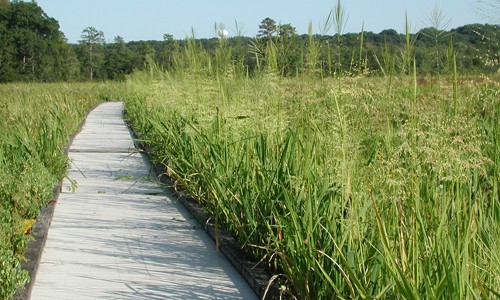BREAKING NEWS!
The Chesapeake Bay, the largest estuary in the United States, has just been exposed to a high amount of methane gas. This is a huge problem due to the fact that methane
is the second most prevalent greenhouse gas emitted in the United States from human activities and it is a 100-year global warming potential. Methane gas has a huge impact on climate change. Over a 100-year period, it traps 29 times more heat per mass unit than carbon dioxide.
Now that methane gas has been exposed to the area, many things will be changing.
Global warming will start to take effect, and this will result in more frequent hot days and fewer cool days. Most importantly, global warming will have an huge effect on the ecosystem. There will begin to be a change in the growing season. The shift in seasons may already be causing the life cycles of pollinators, like bees, to be out of sync with flowering plants and trees.This can then limit the ability of both pollinators and plants to survive and reproduce, reducing food availability throughout the food chain in the estuary.
Global warming also means an extension in growing seasons. I
n other words, plants will need more water to keep growing throughout the season or they will dry out. This increases the risk of failed crops and wildfires. Once the growing season ends, shorter, milder winters fail to kill dormant insects, increasing the risk of large, damaging infestations in subsequent seasons.
What's even worse is what will happen to the animals. In order to survive the extreme temperatures, both the marine and land animals will have to start migrating towards the poles. The animals that cannot quickly migrate or adapt will face extinction.
Works Cited







No comments:
Post a Comment